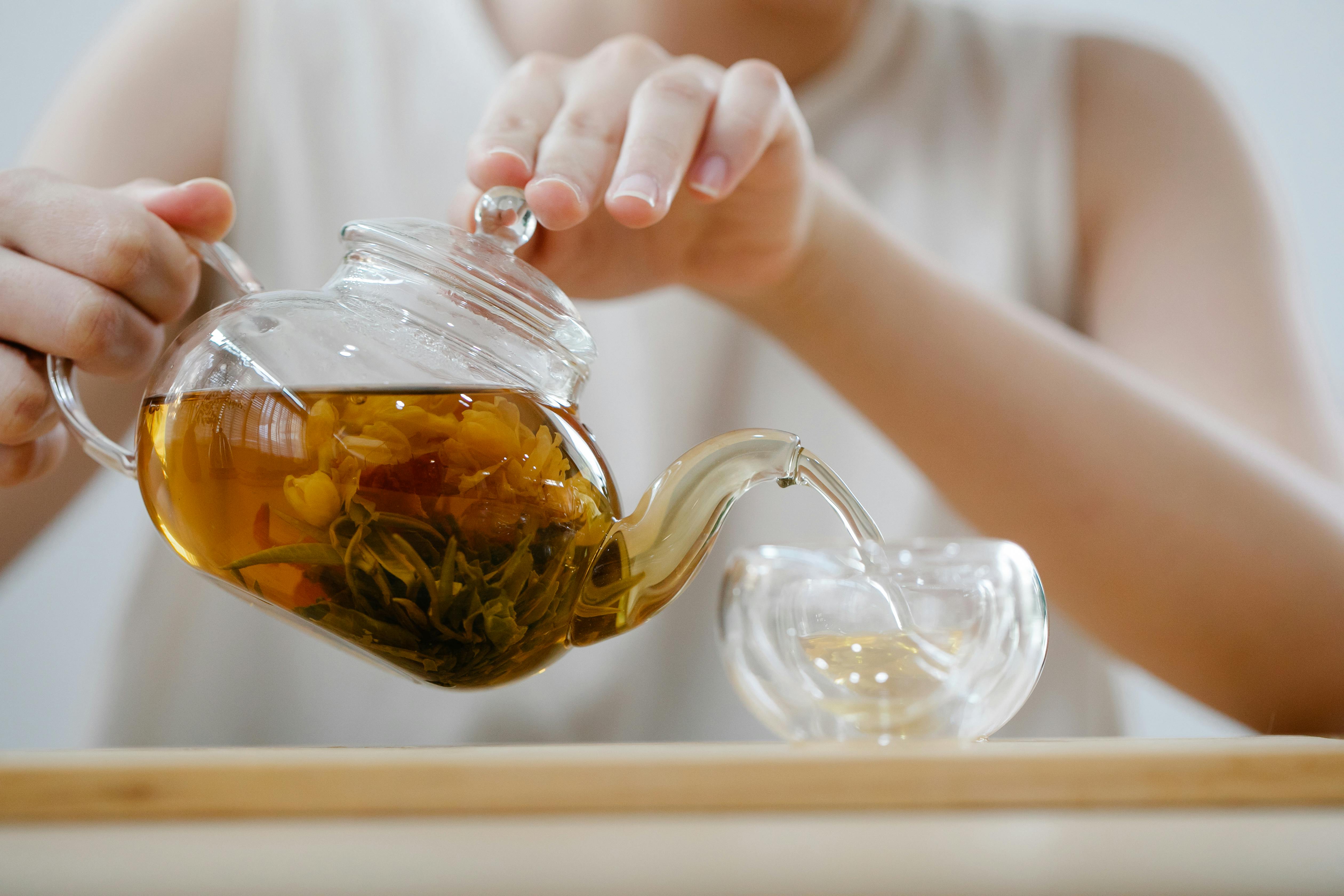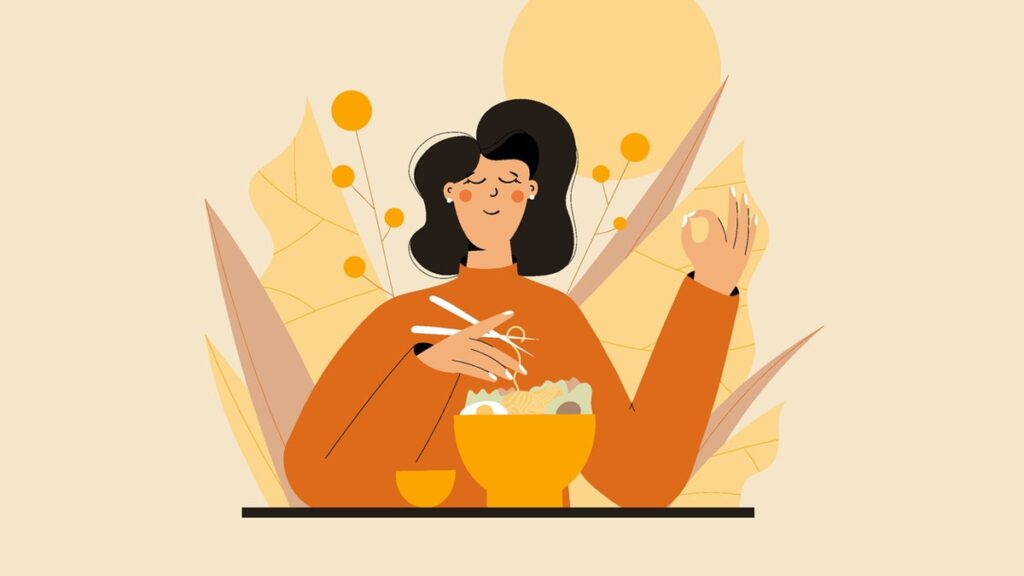Stress is a part of life, but when it lingers too long, it can take a serious toll on mental and physical health. The good news? The food you eat can influence how your body and mind respond to stress. When stress levels rise, your body releases cortisol, a hormone that increases heart rate, blood pressure, and energy levels. This response is useful in short bursts, but chronic stress keeps cortisol levels elevated, leading to anxiety, insomnia, and even heart disease.
Food plays a major role in stress management. Certain nutrients help regulate cortisol, while others boost serotonin and dopamine – the neurotransmitters that improve mood and reduce anxiety. Some foods even trigger endorphins, which naturally calm the nervous system. The key is knowing which foods offer real, lasting stress relief rather than just temporary comfort.
Here Are 10 Best Stress-Relieving Foods for Mental and Physical Health:
A balanced diet rich in essential nutrients can help stabilise mood, reduce anxiety, and promote overall well-being.
1. Complex Carbohydrates for Mood Boosting
Whole grains, oats, and quinoa can boost serotonin levels, improving mood and promoting relaxation. These foods also help regulate blood sugar, preventing energy crashes that can worsen stress.
2. Leafy Greens for Stress and Anxiety Control
Spinach, kale, and Swiss chard are packed with magnesium, which helps keep cortisol levels in check. Low magnesium levels have been linked to increased anxiety and difficulty managing stress.
3. Omega-3-Rich Fatty Fish for Brain Health
Salmon, mackerel, and sardines are loaded with omega-3 fatty acids, which reduce inflammation and stabilise stress hormones. Omega-3s also support brain health and cognitive function, improving resilience to stress.
4. Nuts and Seeds for Emotional Balance
Almonds, walnuts, sunflower seeds, and flaxseeds contain B vitamins and healthy fats that support brain function and stress management. Magnesium and zinc in nuts also contribute to emotional stability.

Photo: iStock
5. Avocados for Reducing Anxiety Naturally
Rich in B vitamins, avocados help support brain health and regulate mood. They also provide healthy fats that nourish the nervous system and reduce anxiety.
6. Antioxidant-Packed Berries for Stress Protection
Blueberries, strawberries, and raspberries contain antioxidants that repair cells and protect against oxidative stress. Their high vitamin C content helps lower cortisol levels.
7. Dark Chocolate for Instant Stress Relief
Dark chocolate (with at least 70% cocoa) is high in antioxidants and magnesium, which help lower cortisol and improve mood. Consuming small amounts can provide a natural, satisfying stress relief.
Not all comfort foods are bad for stress management. Some provide emotional relief while also delivering essential nutrients:
8. Herbal Teas for Relaxation
Chamomile, lavender, and green tea contain natural compounds that calm the nervous system and help ease stress and anxiety. Green tea also contains L-theanine, an amino acid known for its relaxation effects.

9. Warm Soups and Stews for a Calming Effect
A bowl of chicken soup or vegetable stew can feel comforting while also delivering vitamins, minerals, and lean proteins that provide sustained energy and mental clarity.
10. Yogurt and Fermented Foods for Gut Health
Probiotic-rich foods like yoghurt, kimchi, and kefir support gut health, which plays a crucial role in stress and anxiety management. A healthy gut microbiome is linked to lower levels of stress-related inflammation.
The Role of Diet and Mindful Eating in Stress Reduction
What you eat is important, but how you eat matters too. Establishing healthy eating habits can further support stress management:
1. Eating at Regular Intervals
Skipping meals or eating at irregular times can lead to blood sugar imbalances, which contribute to mood swings and increased stress levels. Regular, balanced meals help stabilise energy levels.
2. Practising Mindful Eating
Taking time to enjoy meals without distractions can turn eating into a meditative experience. Focusing on each bite helps reduce stress and prevents emotional eating.
3. Staying Hydrated
Dehydration can increase cortisol levels, making stress feel more intense. Drinking enough water, herbal teas, and hydrating foods like cucumbers and oranges can help maintain balance.

Photo: Unsplash
Here Are 3 Foods That Can Make Stress Worse:
Some foods can actually increase stress by triggering inflammation, disrupting sleep, or causing energy crashes. Avoiding these can help improve overall mental and physical health:
1. Caffeine and Energy Drinks
While caffeine can provide a short-term energy boost, too much can increase anxiety, irritability, and sleep disturbances.
2. Sugary Snacks and Processed Foods
High sugar intake leads to rapid spikes and crashes in blood sugar, which can worsen mood swings and stress.
3. Alcohol and Stress-Induced Drinking
Alcohol might seem relaxing initially, but it disrupts sleep and can contribute to higher anxiety levels over time.

Final Thoughts: How to Use Food to Manage Stress
Food is more than just fuel-it is a powerful tool for reducing stress and supporting mental well-being. By choosing nutrient-rich foods, practising mindful eating, and avoiding stress-triggering ingredients, you can naturally manage anxiety, improve mood, and promote long-term health.

